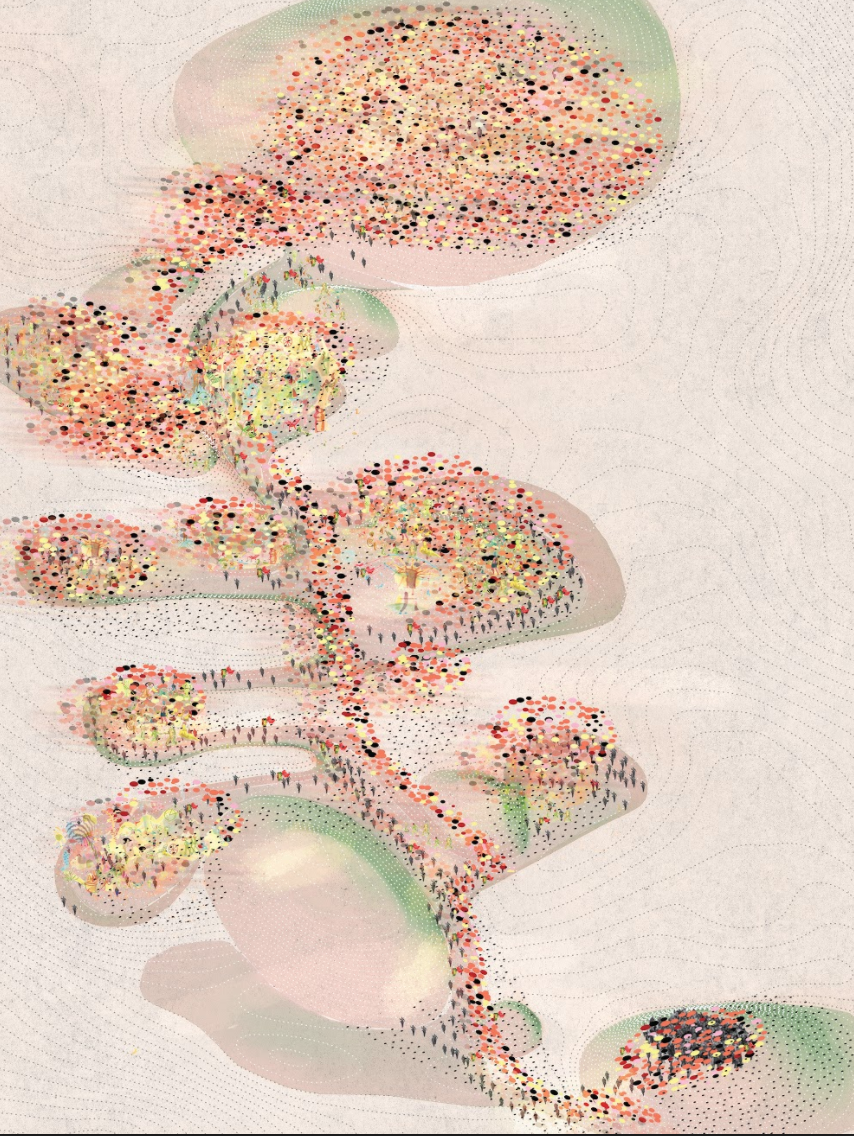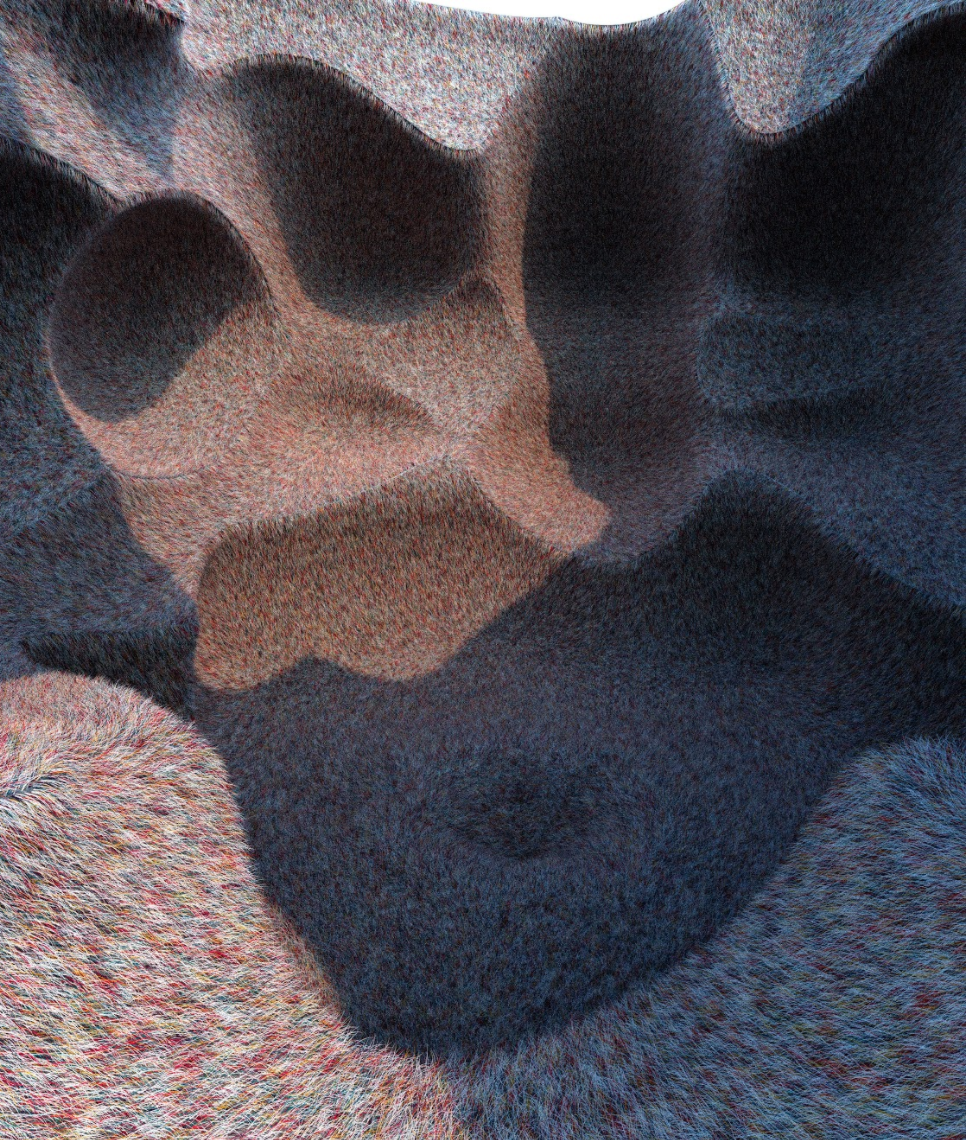In our eyes, the current global challenges in connection with the pandemic call for a paradigm change – now more than ever, in the architectural practice and in architectural thinking. In light of the structural deficits in urban areas, migration fluxes, technological shifts, precarious living situations, and spatial exclusion, a redefinition of the present-day demands seems inevitable. Our discipline needs to once again be embedded in the life worlds of the people in order to better approximate social problems and realities. Our work as teachers of architecture presents a fantastic opportunity for reinvention. We aim to build upon the impressive legacy of our studio, while shaping the future of the Institute of Architecture: through intellectual and hands-on experiments with spatial and material practices and with the conviction that there are socially and culturally engaged fields of activity for architecture.
Our studio projects in the 2019/20 academic year investigated the extreme living conditions of inhabitants of European slums: We concentrated, in particular, on the Pata Rât settlement in Cluj-Napoca in Romania. The students researched diverse possibilities for architectural designs in this context, with a focus on how the designs could regenerate the local social fabric and make a drastic improvement in the precarious living and environmental conditions of the residential area. The challenges were the geographic location in the immediate proximity of a landfill site and the fact that this settlement is the result of exclusion and racism. These difficulties were countered with the belief that architecture can take on a major role in such a situation, even given or precisely because of these extremely complex social, ecological, and economic realities.
Prof. Díaz Moreno & García Grinda, Institut für Architektur
Studio Project, Strada Curata, Oliver Alunovic, SoSe 2020


